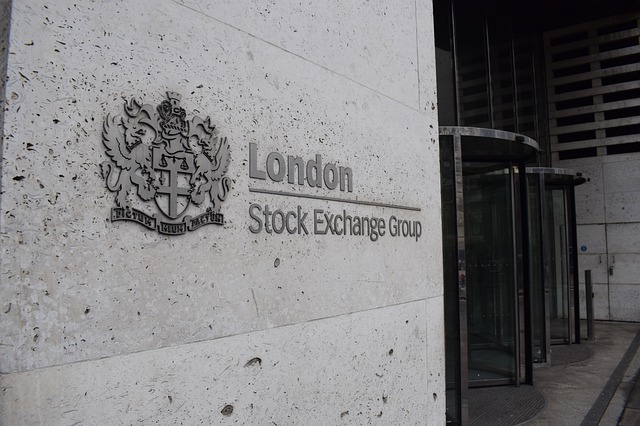
London’s FTSE 100 index is facing its worst day since the financial crisis after it fell 8% in early trade, wiping billions off the value of major companies.
The UK’s top share index drop follows global falls as a row between Russia and Saudi Arabia saw oil prices plunge by more than a fifth.
Shares were already reeling from fears of the impact of the coronavirus as cases globally continue to rise.
March 9 has already been dubbed “Black Monday” by analysts who described the market reaction as “utter carnage”.
The FTSE 100 index fell more than 8% in the first few minutes of trade, before recovering slightly.
Coronavirus: Italy Death Toll Rises to 366 Amid New Quarantine Rules
Coronavirus: Which Are the Worst-Affected Countries?
Coronavirus: Signs, Symptoms and Treatment
Oil prices are down more than 20% with Brent crude trading at $35.98 a barrel.
Oil companies saw the biggest falls, with shares in Shell and BP both down by about 15%, while Premier Oil saw its shares more than halve in value.
The hefty falls were also seen elsewhere in Europe, with stock markets in France and Germany also opening more than 7% lower. Norway – a major oil exporter – saw its main stock exchange fall 12% in early trade.
The price of oil had already fallen sharply this year as the coronavirus disease began to spread internationally, with demand for fuel expected to decline.
Last week, oil exporters’ group OPEC – which includes Saudi Arabia – agreed to cut production in order to support prices.
However, it also wanted non-OPEC oil producers such as Russia to agree to cuts, and on March 6 Russia rejected the plans.
In response, Saudi Arabia has cut its official selling prices for oil and plans to increase production. The move is seen as Saudi Arabia flexing its muscles in the oil market to make Russia fall into line.
Asian investors also reacted to a slump in Chinese export figures and the shrinking of the Japanese economy.
In China, the benchmark Shanghai Composite share index fell 3%, while in Hong Kong, the Hang Seng index sank 4.2%.
On March 7, China released import and export figures for the first two months of the year. Exports fell by 17.2% while imports dropped by 4%. This gave the Chinese economy a trade deficit of $7.1 billion as it struggles with the economic impact of the coronavirus outbreak.
Meanwhile, Japan’s economy shrank at a faster rate than initially estimated in the final three months of 2019, according to the latest official figures.
